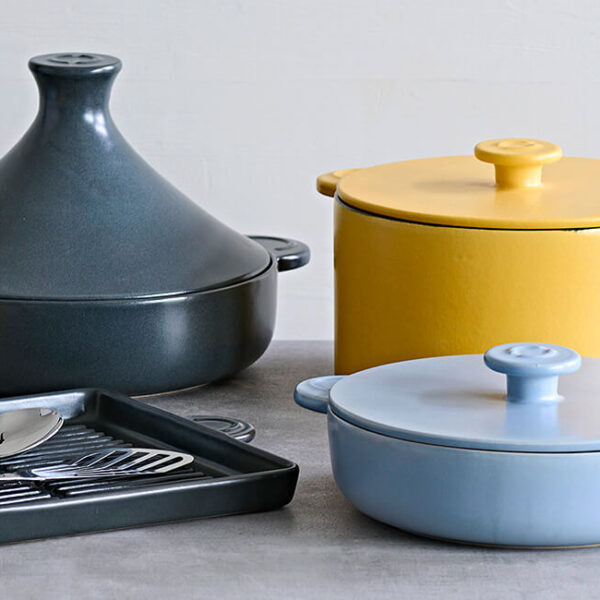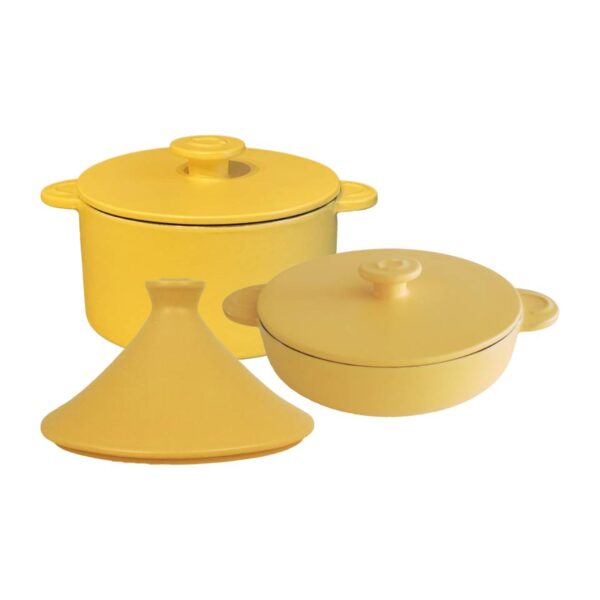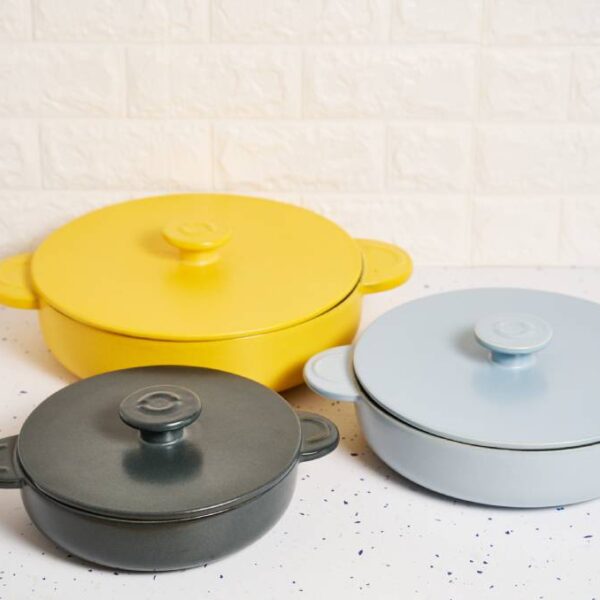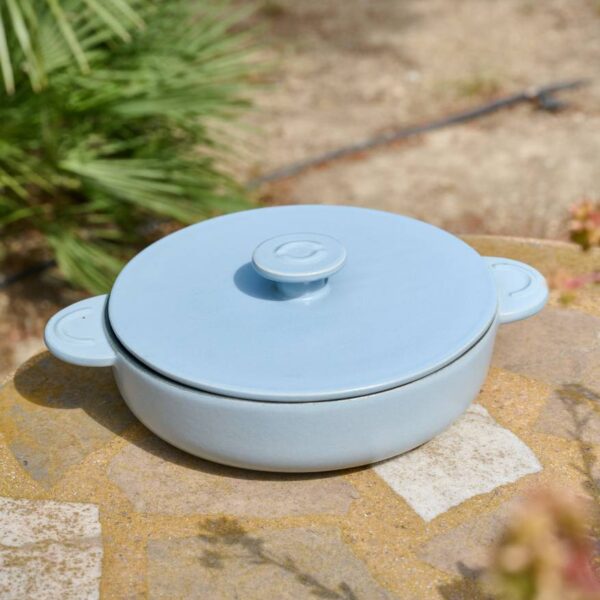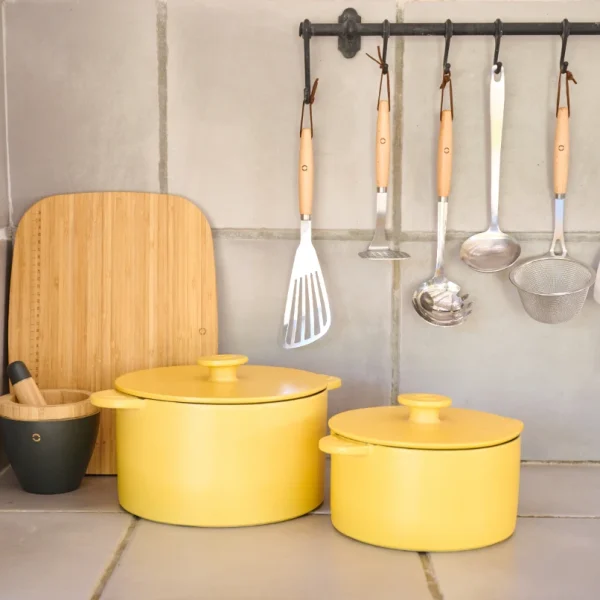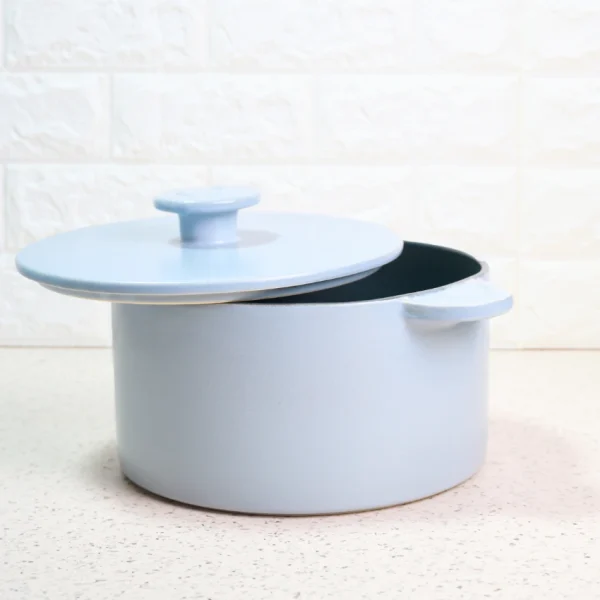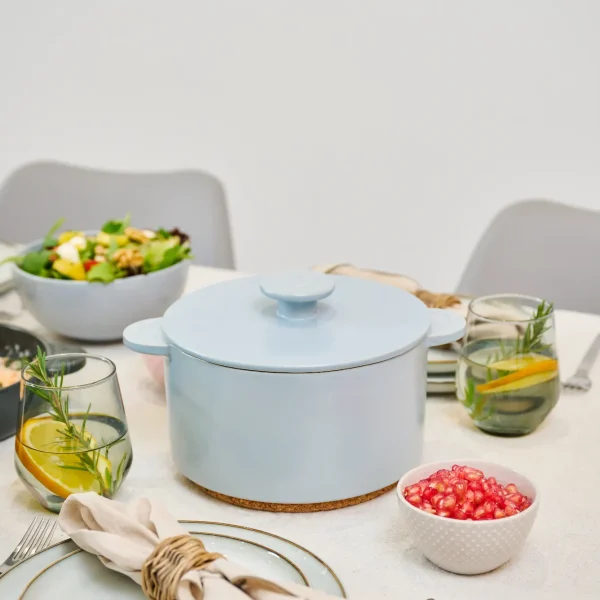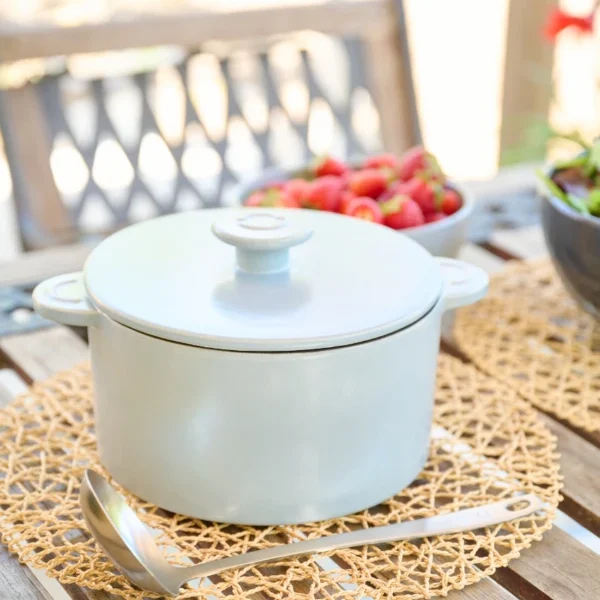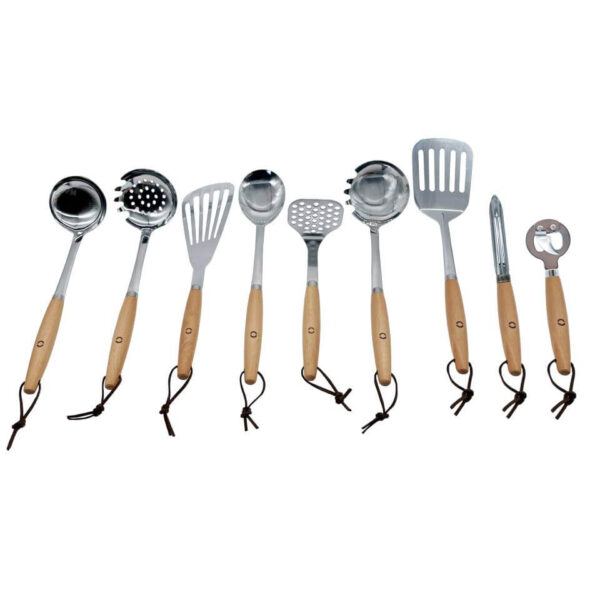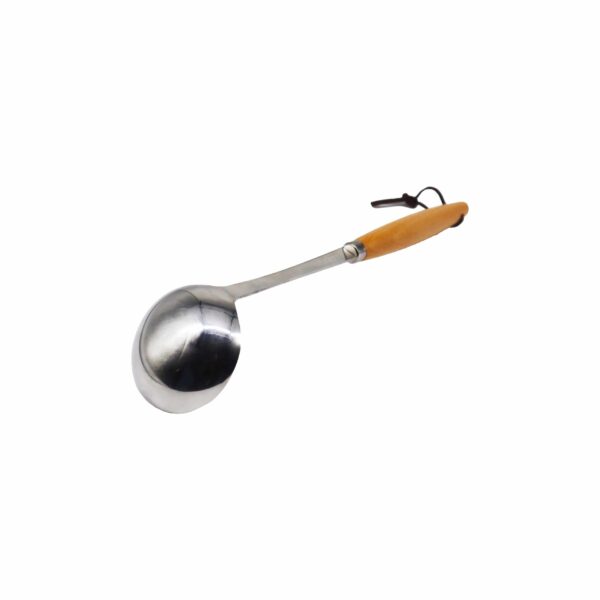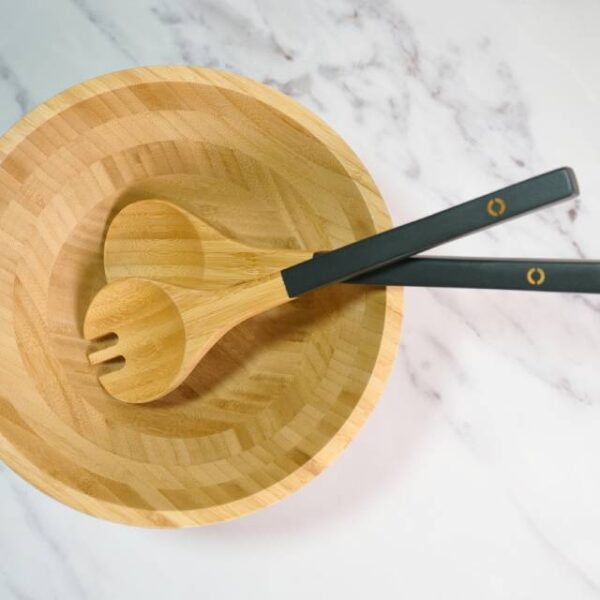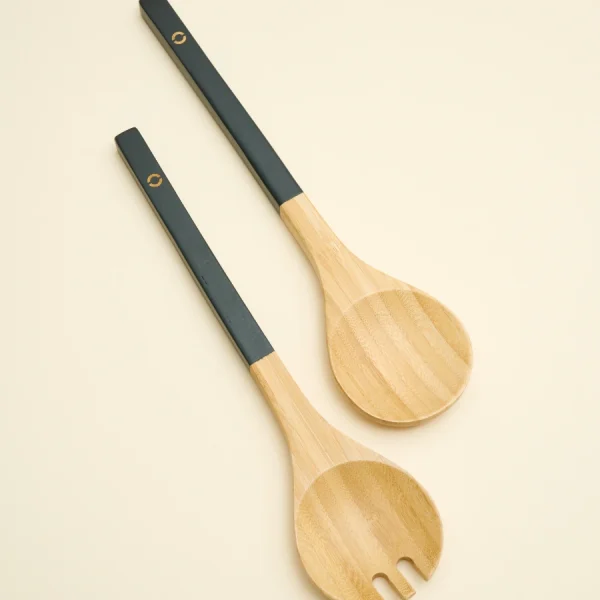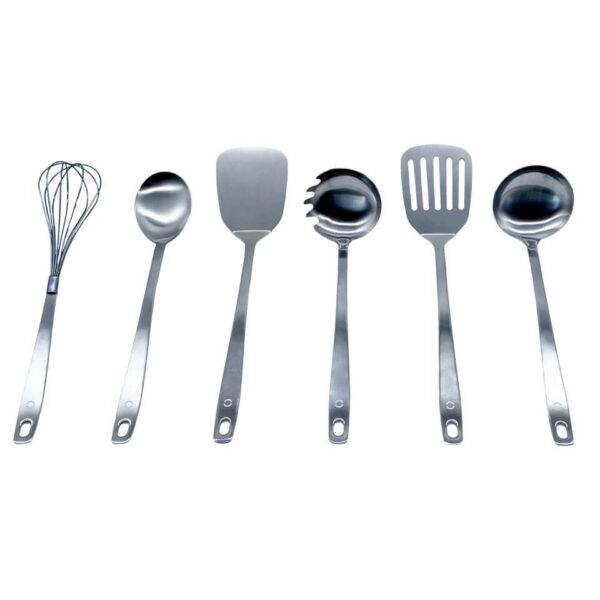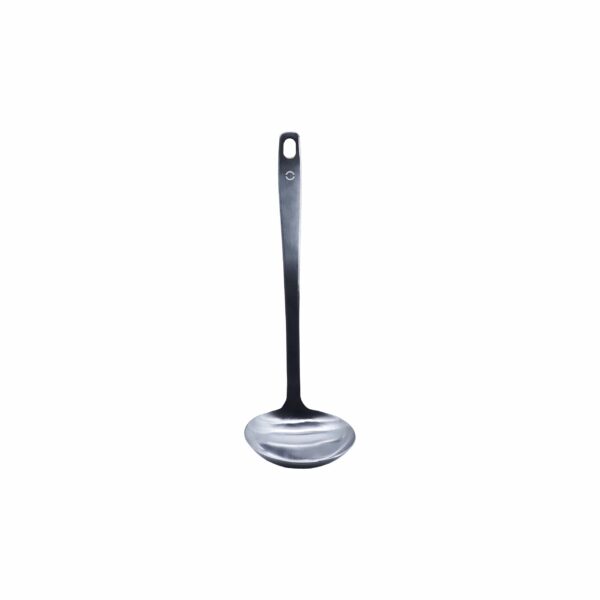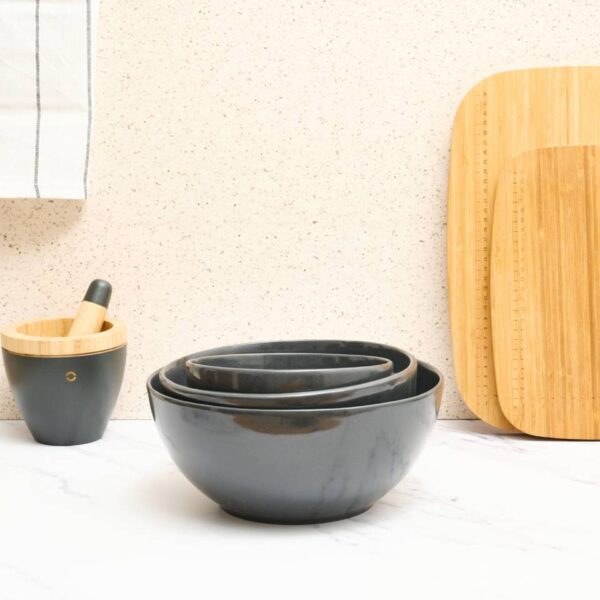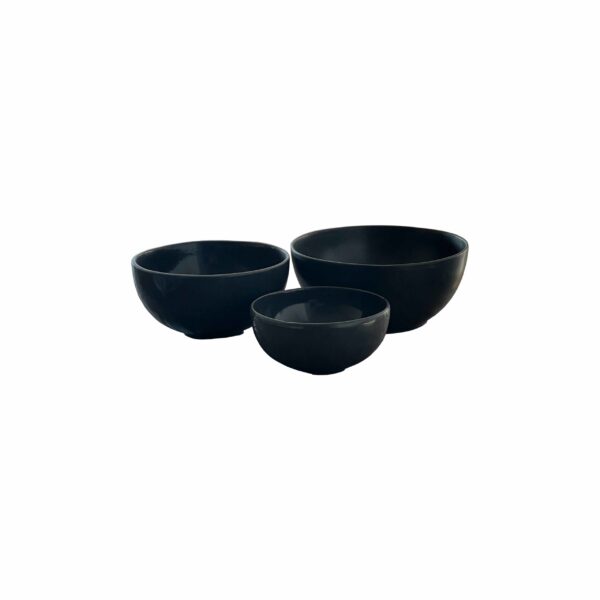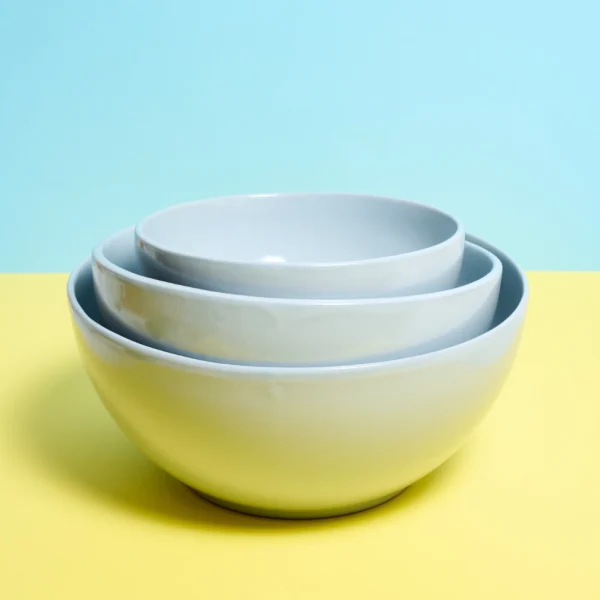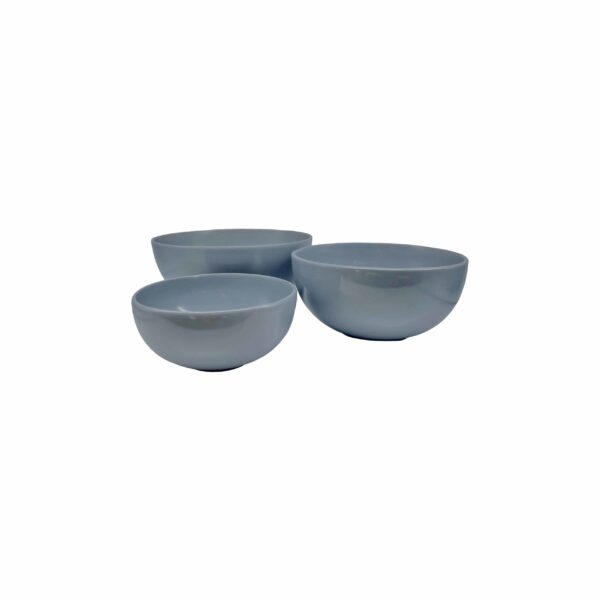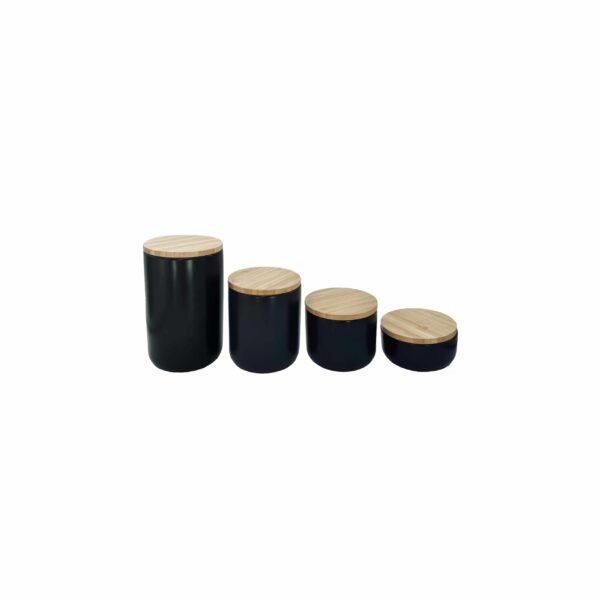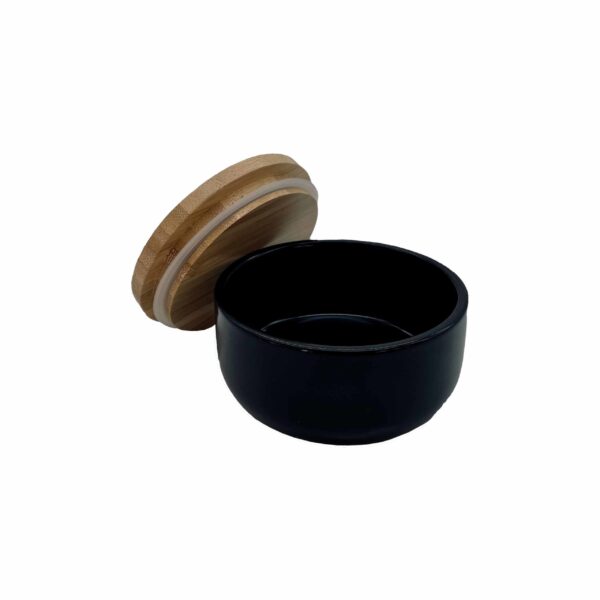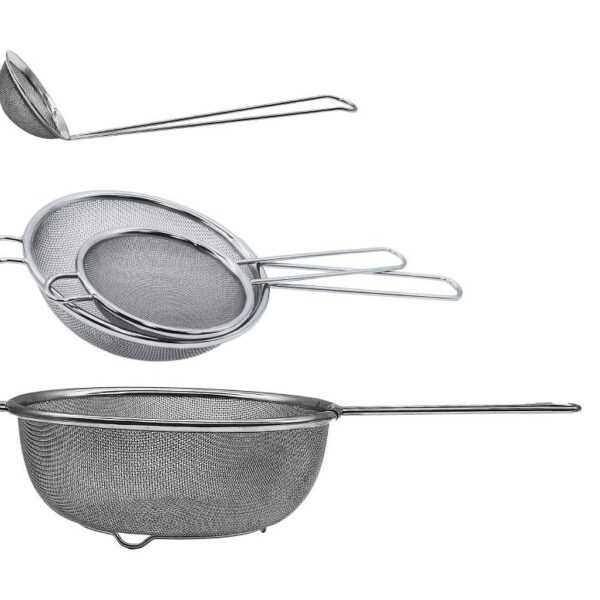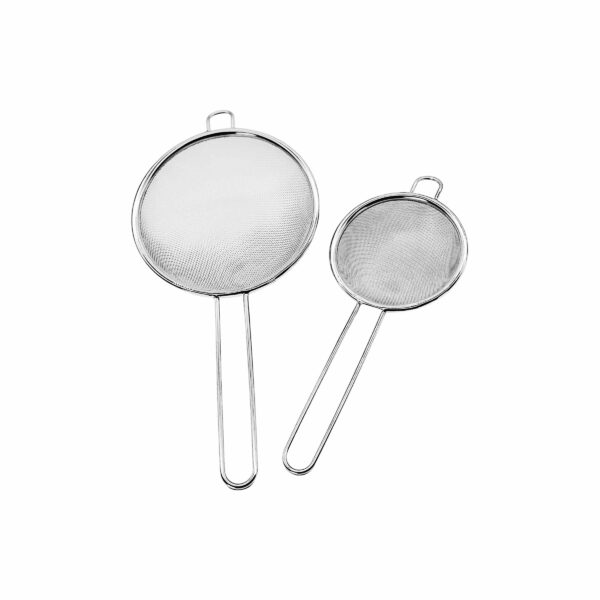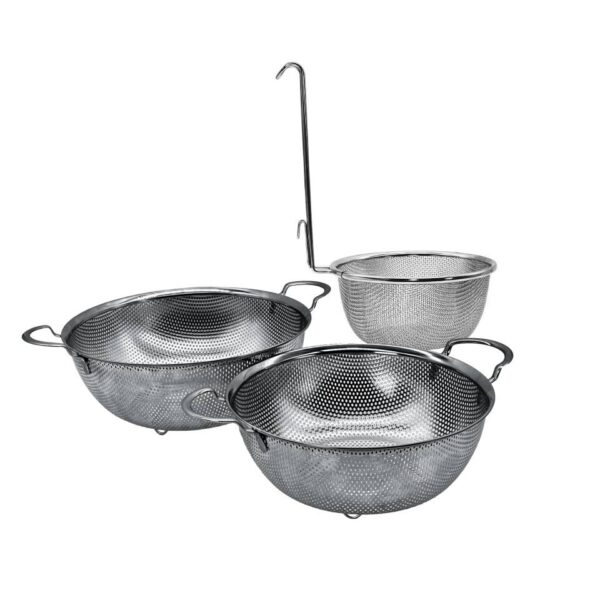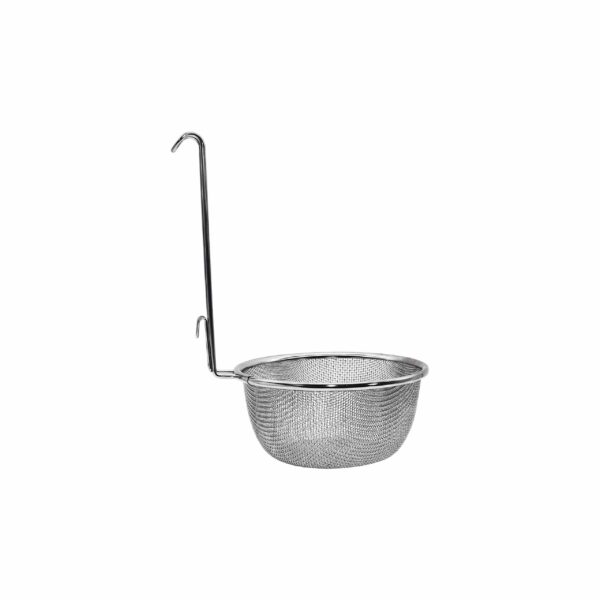Why choose wooden kitchen utensils?
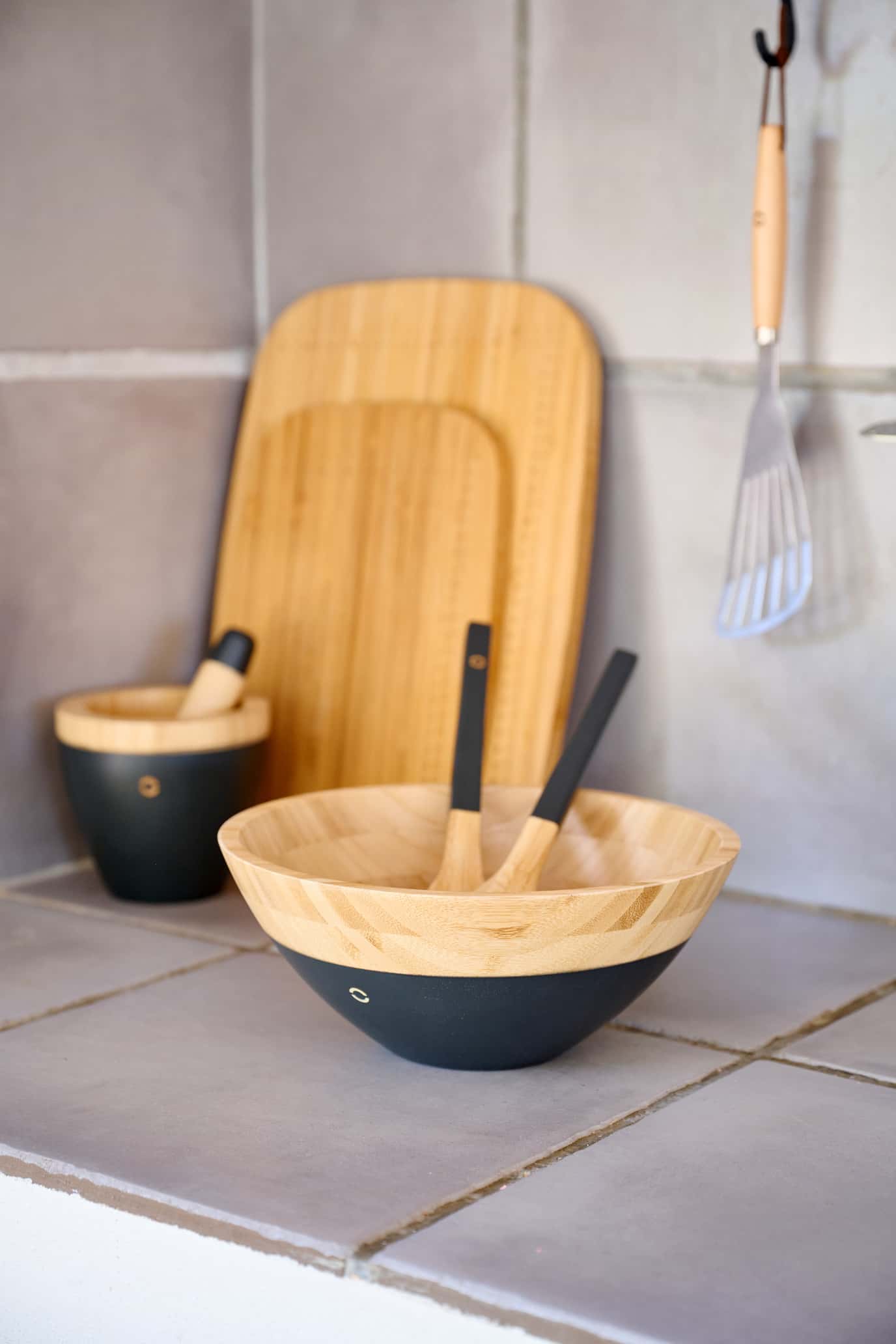
The choice of kitchen utensils is crucial for the success of any kitchen, and among the available options today, wooden utensils have gained popularity for reasons beyond aesthetics, concerning food safety.
As at Kuoko, we fervently advocate the importance of healthier and more sustainable eating, in this article, we will discuss the numerous advantages offered by wooden utensils compared to other materials and why more people are incorporating them into their kitchens.
Benefits of Wooden Utensils
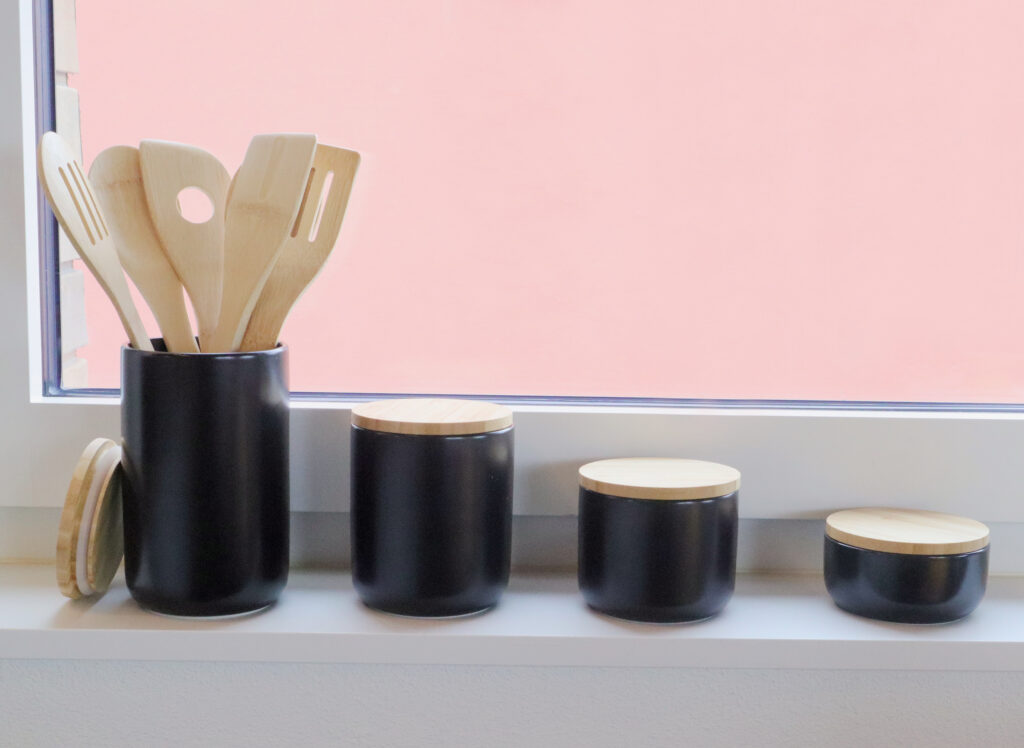
Heat Resistance
Wooden utensils are ideal for kitchen use due to their heat resistance. Unlike plastic utensils, which can melt, or metal utensils, which can become too hot, wood is a natural insulator that does not transfer heat significantly. This makes wooden utensils safe and comfortable to use when cooking at high temperatures.
Sustainability and Eco-Friendliness
One of the main reasons to choose wooden utensils is their contribution to sustainability and environmental preservation. Wooden utensils are sourced from renewable resources, as wood is a natural resource that can be replanted and sustainably managed. Unlike plastic utensils, which contribute to environmental pollution, wooden utensils are biodegradable and do not generate toxic waste.
Food Safety
Wooden utensils are known for their resistance to bacteria. Unlike plastic or metal utensils, wood has natural antimicrobial properties that help prevent the growth of germs. This makes them a safe and healthy option for handling food, especially those that require prolonged contact with utensils during preparation.
Less Damage to Other Materials
Another advantage of wooden utensils is that they are less likely to damage the surfaces of tools and containers compared to metal utensils. Wood is softer and less abrasive, meaning it is less likely to scratch or damage the non-stick coatings of pans and pots. This not only prolongs the life of your kitchen utensils but also maintains the quality of your cookware over time.
What is the Best Wood for Kitchen Utensils?
The choice of wood type for kitchen utensils can significantly influence their performance and durability. Among the most popular options are bamboo, beech, olive, and cherry:
- Bamboo is known for being a sustainable and durable material with natural antimicrobial properties. Therefore, bamboo wood utensils are among the most used today.
- Beech, on the other hand, is appreciated for its durability and ability to resist moisture, making it ideal for utensils that require contact with liquids.
- Olive wood utensils not only offer a rustic aesthetic but are also heat-resistant and have antibacterial properties.
- Cherry wood, for its part, is lightweight and easy to handle, making it an excellent choice for smaller utensils.
By choosing wooden utensils, you can avoid the toxins present in common kitchen utensils and take advantage of their aesthetic characteristics, adding a personalized and distinctive touch to your kitchen.
How to Clean and Maintain Wooden Utensils
In addition to the numerous advantages offered by this material, it is essential to adopt proper cleaning and maintenance practices for wooden utensils to ensure food safety and preserve their quality and durability.
Unlike some materials that can be washed aggressively, wood requires a more delicate approach. Start by scraping off any food residue with a soft utensil, such as a wooden spatula or soft brush. Then, hand wash the utensils with warm water and mild detergent, drying them immediately with a clean cloth. Avoid soaking utensils in water for prolonged periods, as this can cause the wood to swell and warp.
If the utensils have persistent stains or strong odors, squeeze the juice of half a lemon and mix with salt to form a paste. Apply this mixture to the utensils and let it sit for a few minutes before rinsing. After cleaning, air-dry them completely before storing them in a cool, dry place. This process will not only keep your wooden utensils hygienic but also ensure their longevity and performance in the kitchen.
Additionally, it is advisable to occasionally apply mineral oil or linseed oil to wooden utensils to maintain their shine and prevent dryness, as this process helps to nourish the wood, protecting it from cracks and extending its lifespan.
By following these simple care tips, you will ensure that your wooden utensils are not only an aesthetic and functional choice but also a long-lasting investment in your kitchen.



